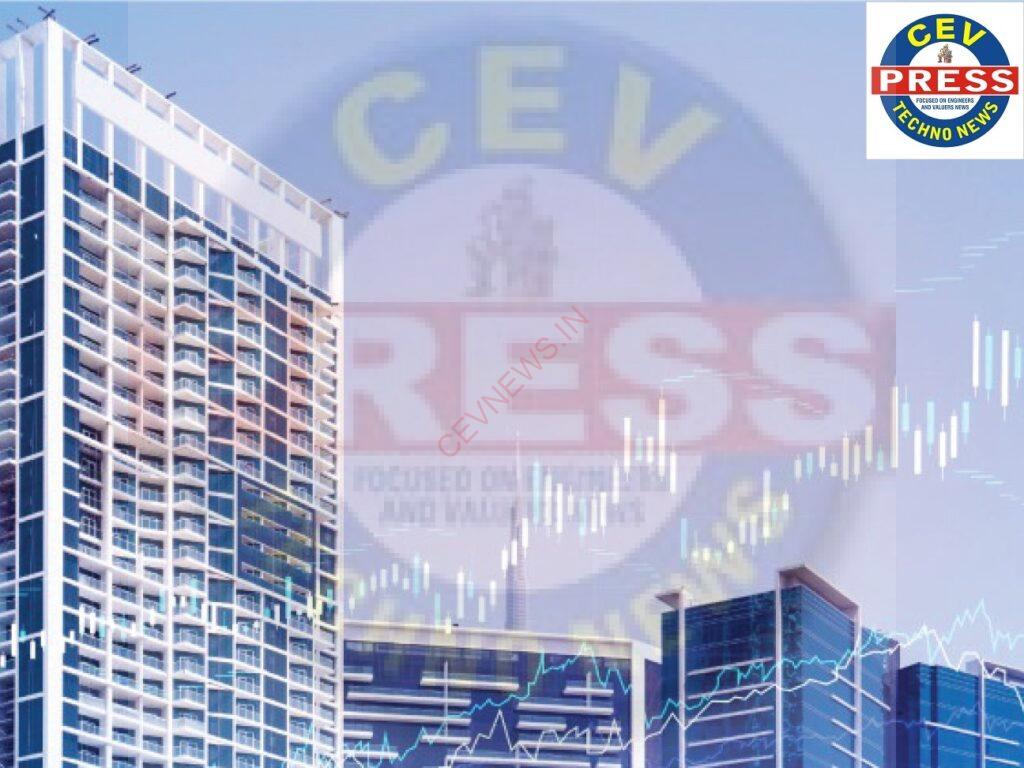EMERGING TRENDS IN LEASE VALUATION PRACTICES FOR INDIAN REAL ESTATE INDUSTRY
Emerging Trends in Lease Valuation Practices for Indian Real Estate Industry
Lease valuation practices in the Indian real estate industry are experiencing notable shifts due to evolving market dynamics and regulatory changes. Several emerging trends are reshaping how leases are valued, reflecting the changing preferences of tenants, advancements in technology, and the increasing emphasis on sustainability and compliance. Here are some key points highlighting these emerging trends:
- Adoption of Technology-Driven Solutions: Real estate firms in India are increasingly leveraging technology-driven solutions for lease valuation. Advanced data analytics, machine learning algorithms, and artificial intelligence are being utilized to analyze market trends, tenant behavior, and property performance. These tools enable more accurate forecasting of rental incomes and property valuations, enhancing decision-making processes for landlords and investors.
- Focus on Flexible Lease Structures: Traditional long-term lease agreements are giving way to more flexible lease structures in the Indian real estate market. With the rise of co-working spaces, serviced offices, and short-term rentals, landlords are offering lease terms tailored to meet the diverse needs of tenants. This flexibility allows for better alignment with market demand and enables property owners to optimize rental yields in a dynamic business environment.
- Integration of Environmental, Social, and Governance (ESG) Factors: Sustainability considerations are increasingly influencing lease valuation practices in India. With growing awareness of environmental issues and regulatory requirements, both landlords and tenants are placing greater emphasis on ESG factors when negotiating lease terms. Properties with green certifications, energy-efficient features, and sustainable building practices command higher rental premiums, reflecting the market’s shifting priorities towards sustainable real estate solutions.
- Rise of Lease Concessions and Incentives: In response to market uncertainties and economic challenges, landlords are offering lease concessions and incentives to attract tenants and maintain occupancy levels. These concessions may include rent-free periods, tenant improvement allowances, or reduced security deposits. Lease valuation practices now incorporate the analysis of such concessions to accurately assess the net effective rent and overall profitability of lease agreements.

- Increased Transparency and Compliance: Regulatory reforms aimed at enhancing transparency and accountability in the real estate sector are influencing lease valuation practices. The implementation of the Real Estate (Regulation and Development) Act (RERA) and Goods and Services Tax (GST) has led to greater transparency in lease transactions and standardized documentation. Compliance with regulatory requirements is now a critical aspect of lease valuation, ensuring legal clarity and risk mitigation for all parties involved.
- Emphasis on Tenant Experience and Amenities: Landlords are recognizing the importance of tenant experience and amenities in lease valuation. Properties offering amenities such as coworking spaces, fitness centers, concierge services, and smart building technologies are perceived as more attractive to tenants, leading to higher rental values and occupancy rates. Lease valuation practices now incorporate the assessment of these experiential factors to gauge the overall competitiveness of commercial and residential properties.
- Rental Market Dynamics in Tier-II and Tier-III Cities: While major metropolitan cities like Mumbai, Delhi, and Bangalore continue to dominate the Indian real estate market, there is a growing focus on tier-II and tier-III cities. Lease valuation practices are adapting to the unique dynamics of these emerging markets, where factors such as infrastructure development, demographic trends, and industry diversification influence property values and rental yields.
Emerging trends in lease valuation practices reflect the evolving landscape of the Indian real estate industry. From technology-driven solutions and flexible lease structures to sustainability considerations and regulatory compliance, these trends are reshaping how properties are valued and leased in India’s dynamic market environment. Landlords, investors, and tenants must stay abreast of these trends to make informed decisions and capitalize on emerging opportunities in the sector.


